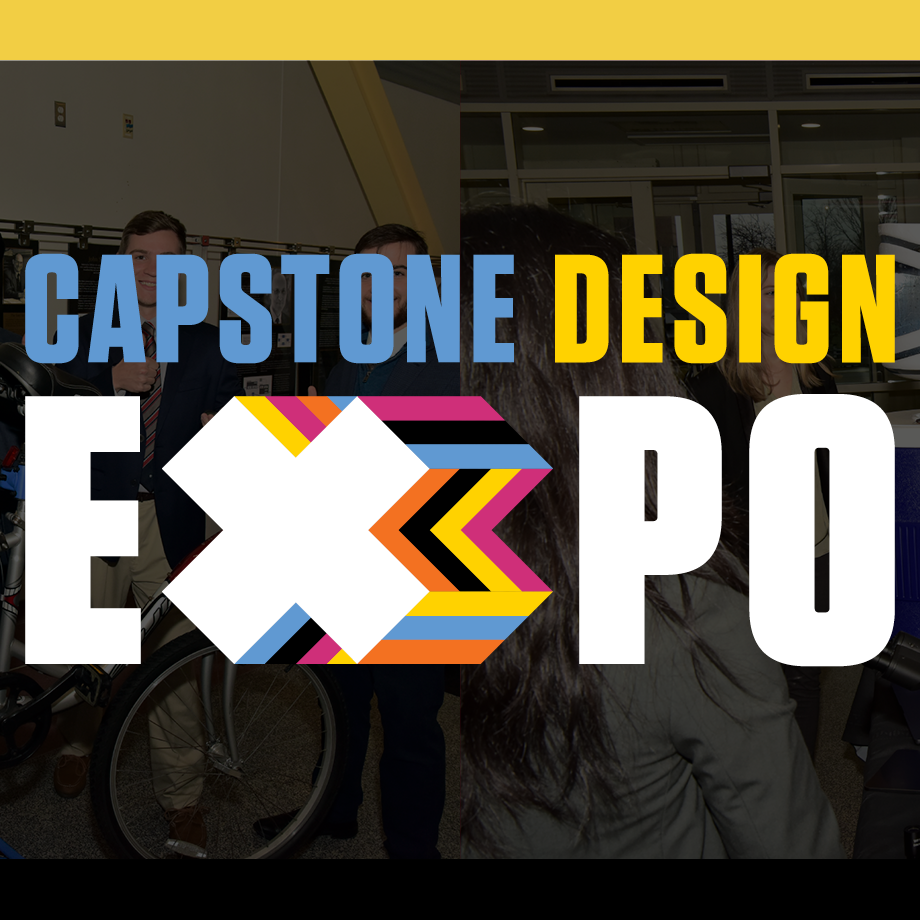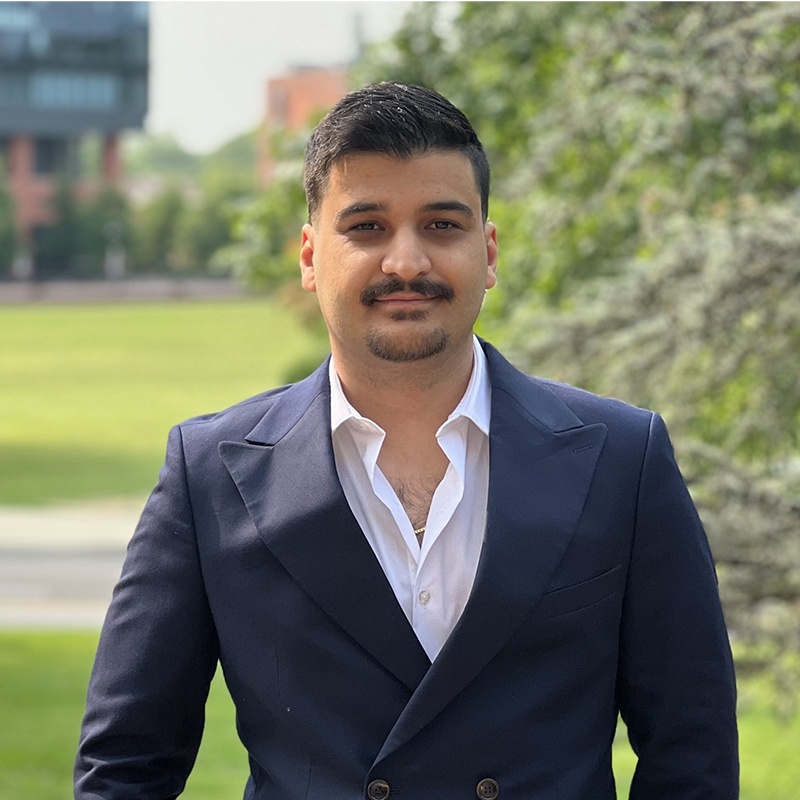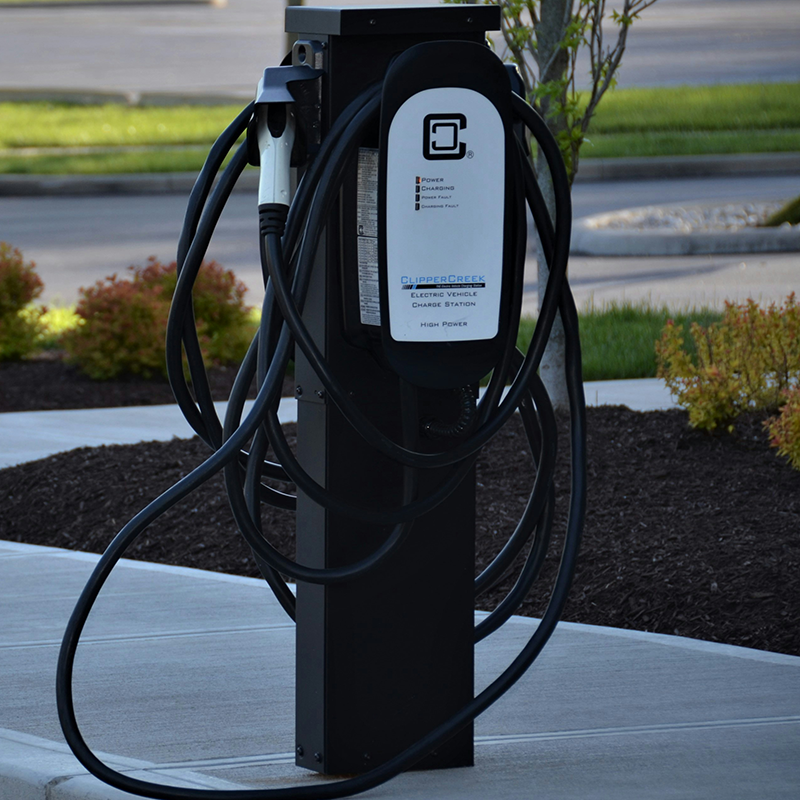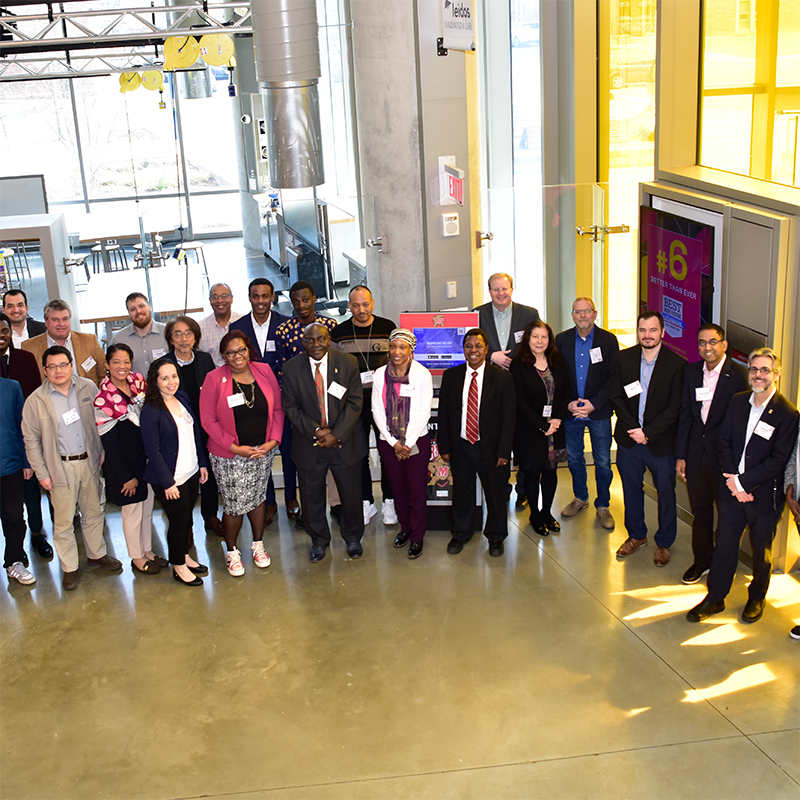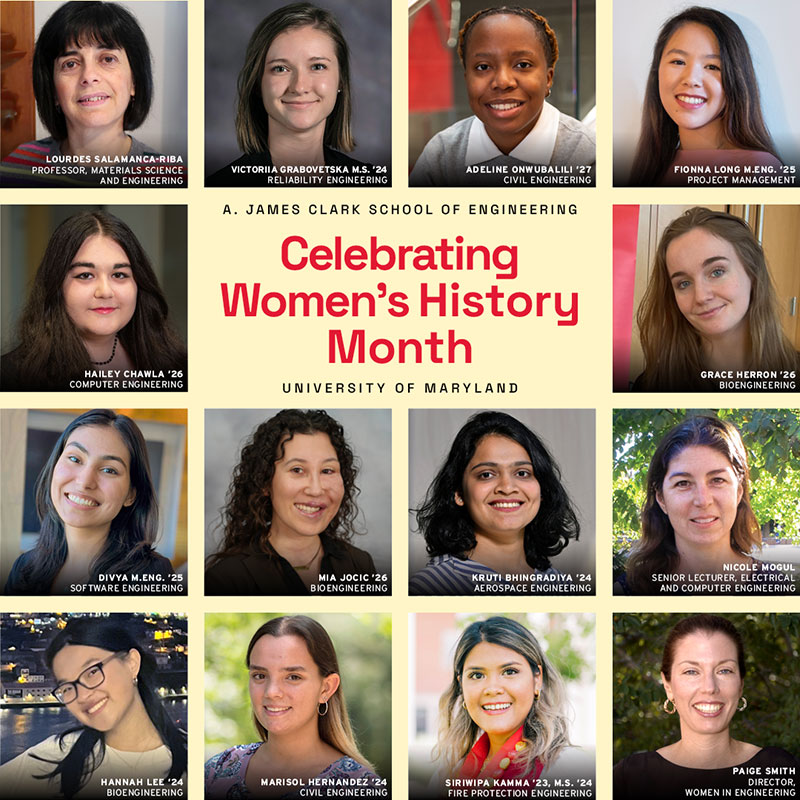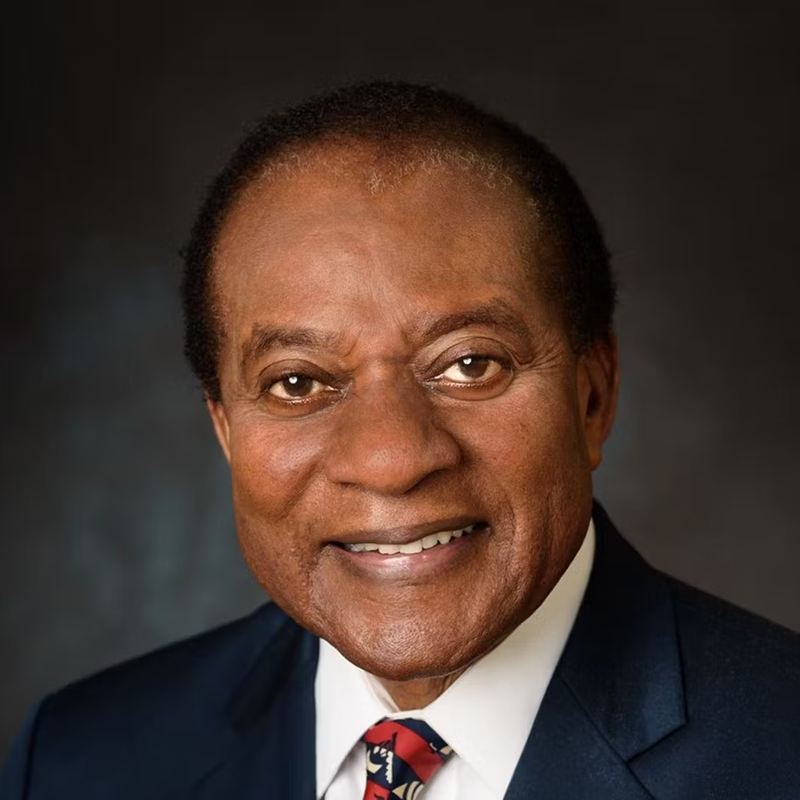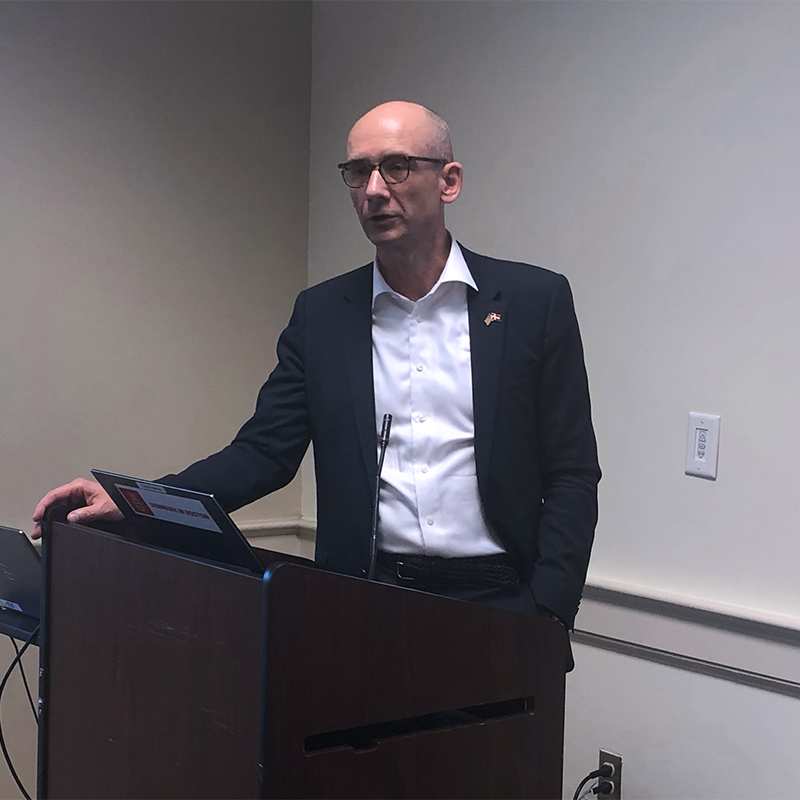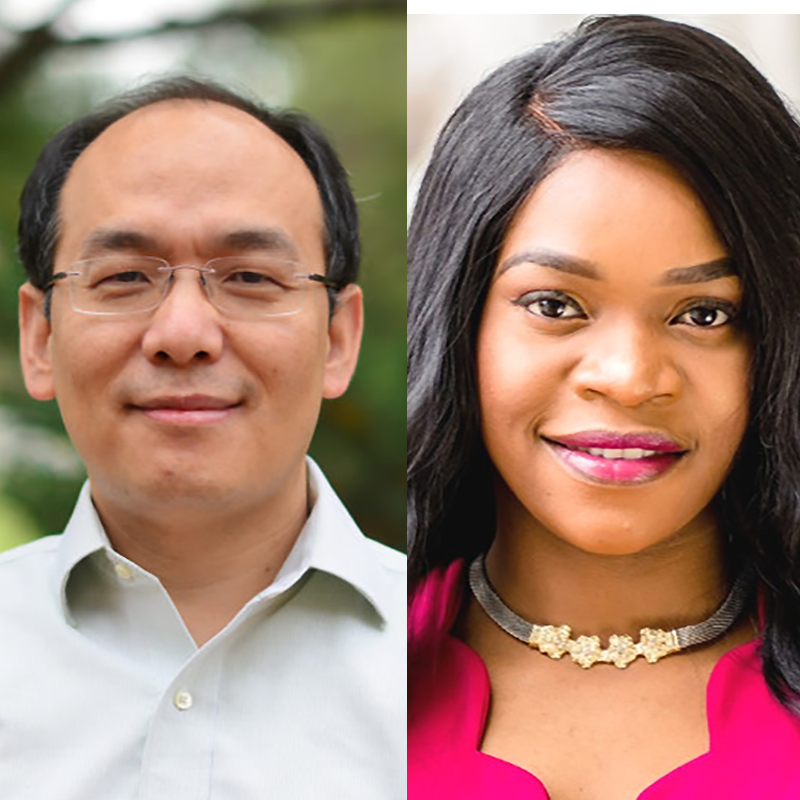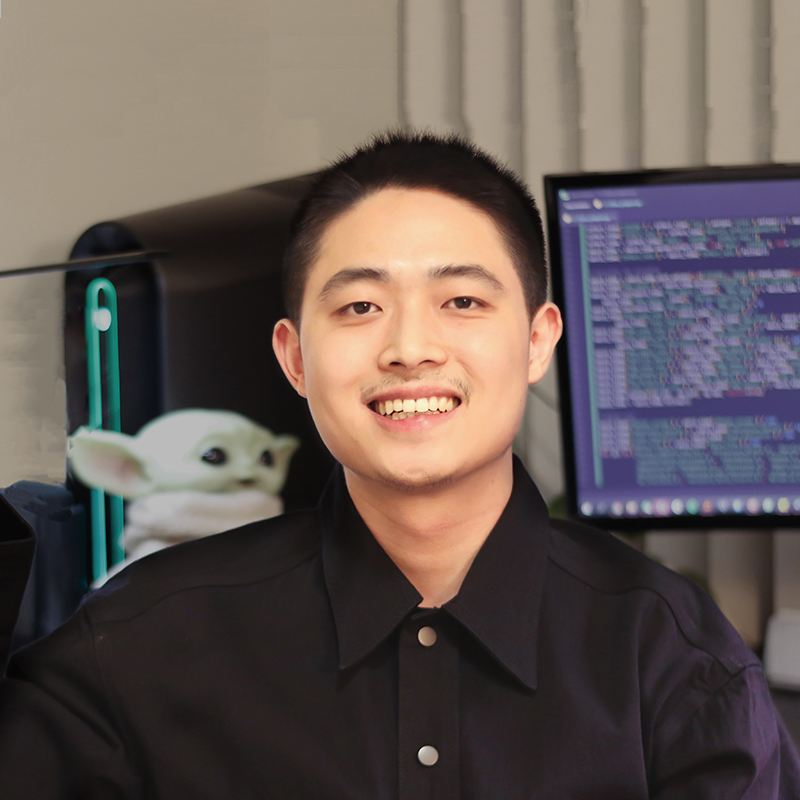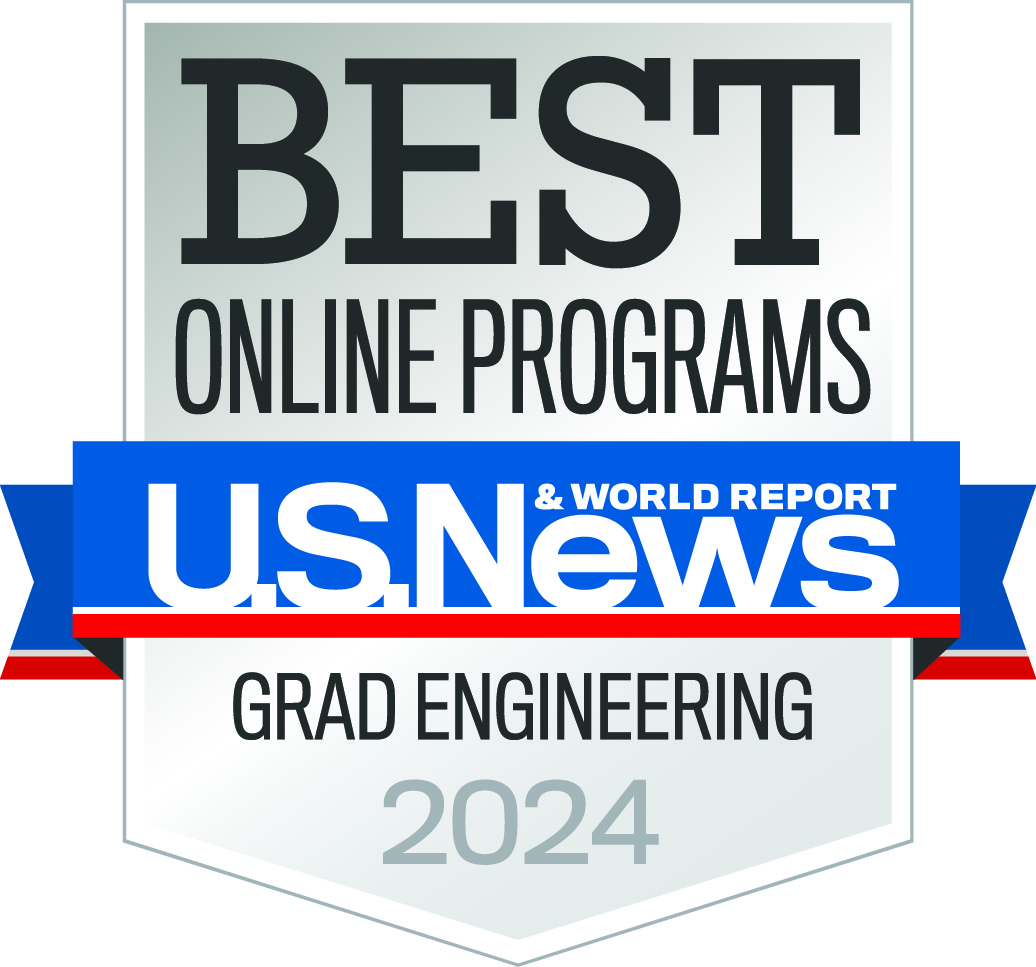News Story
Civil Empowerment Series: Torben Orla Nielsen
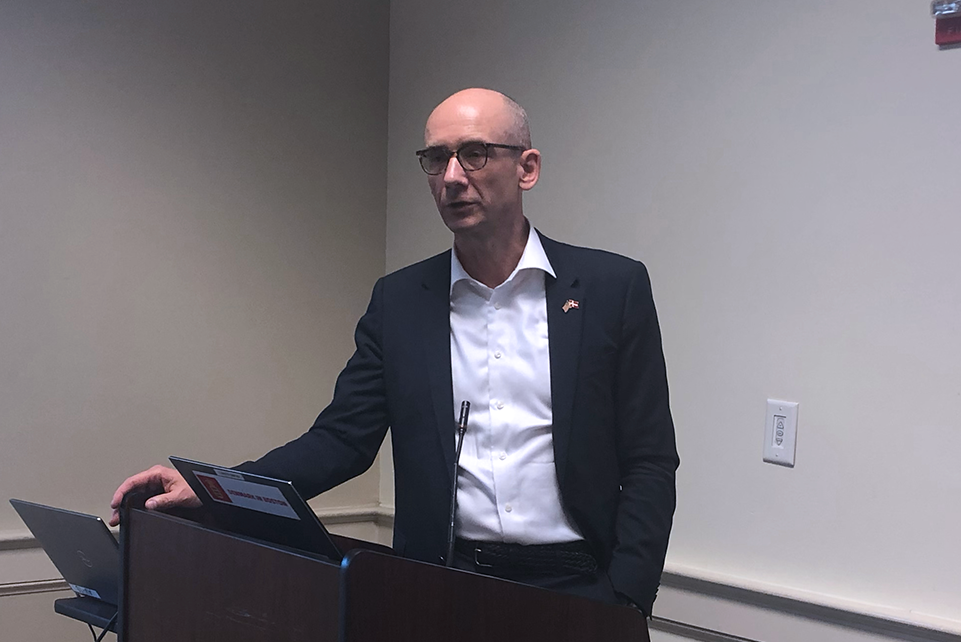
For as long as nations have existed, diplomacy has been critical to their success. Today, diplomacy comes in many flavors, including trade diplomacy, which can yield mutually beneficial industrial and commercial connections, and science diplomacy, which can enable countries to make the most of new discoveries or emerging technologies.
On March 6, students and faculty at the University of Maryland (UMD) had the opportunity to learn about science diplomacy from a seasoned practitioner, at a seminar organized and hosted by the Civil and Environmental Engineering Deepartment’s Diversity, Equity, and Inclusion Committtee. Torben Orla Nielsen is a science attaché at the Innovation Centre Denmark (ICDK) at the Danish Consulate in Boston, where he focuses on building connections in life sciences, health research, green technology, and quantum engineering. As part of his work, he seeks to bring together stakeholders in academia and industry, including startups.
In an interview for UMD, Nielsen discussed the importance of science diplomacy in an age where scientific advancement is often pivotal to societal, national, and planetary objectives.
What is science diplomacy, and why is it so significant?
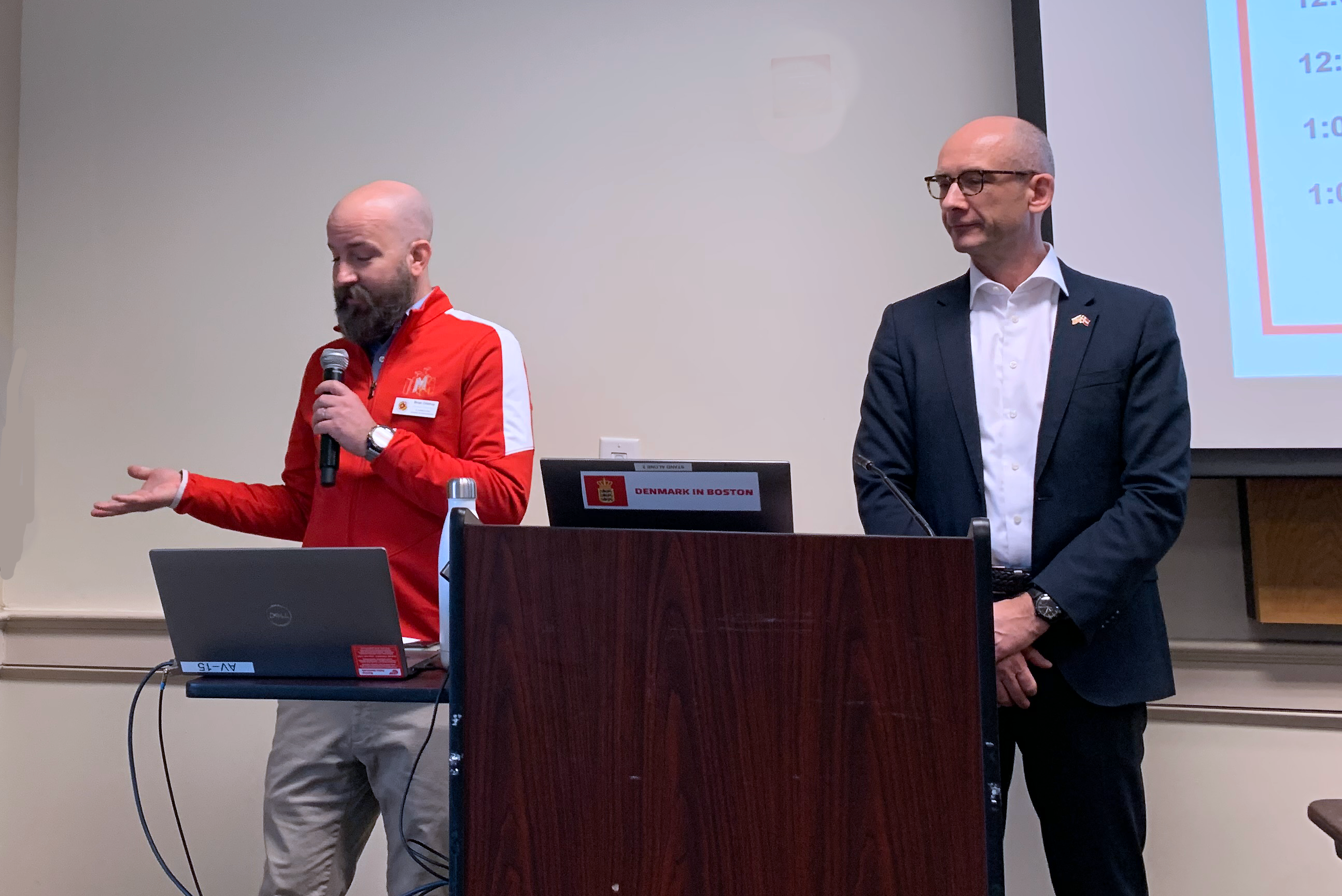
Brian Dillehay (left), Associate Director in the Office of Global Engineering Leadership at the University of Maryland, moderated the March 6 Civil Empowerment Seminar, which featured Torben Orla Nielsen, science attaché at the Innovation Centre Denmark (ICDK) at the Danish Consulate in Boston.
Science diplomacy encompasses two different kinds of activity. One involves leveraging science to cultivate relationships with other countries, governments, and institutions. We develop overarching policy perspectives on what’s needed to establish healthy, bilateral research collaborations between two countries. The second aspect is more hands-on. It involves assisting in the establishment of research collaborations, both private and public. In my role, I try to bring researchers together on topics of interest to multiple stakeholders, including companies that want to apply the research.
Science diplomacy has changed greatly over the past decade. When I started as a science attaché at the Danish Embassy in Korea in 2013, the overarching objective for academics was simply to establish relationships with the best scientists in their fields. Things have become more complicated since then because the geopolitical situation has changed. There are concerns now about intellectual property, for example. Governments perceive more clearly the link between science diplomacy and foreign policy. We now increasingly factor in shared values and shared goals concerning the uses of technology.
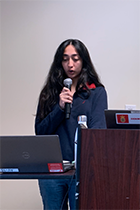
Meena Toolaabee, undergraduate representative for the DEI committee, co-hosted the seminar. Meena is a junior on the water resources and environmental track.
What are some of your specific areas of interest right now?
Denmark is a small country with an open economy that depends greatly on trade. Our home market is limited. At the same time, we have set ourselves an ambitious climate goal—in fact, a goal that will be very challenging to achieve. Specifically, we have committed ourselves to a 70% reduction in our carbon footprint by 2050. If we’re to have any hope of realizing this goal, we will need new technologies and strategies, whether in the form of green fuels, carbon capture, or circular economics.
At the same time, we’re very interested in the life sciences and related fields, such as pharmaceuticals. That’s why I’m in Boston. The vision behind the Innovation Centers was to set them up in places that are hotspots for various technologies. Denmark currently operates seven of these centers. Boston was chosen because of its global role in the life sciences s the world capital of biotechnology.
Finally, emergent technologies such as quantum technologies and artificial intelligence are of great interest to us. Denmark has a long-standing and close relationship with quantum science, dating back to Niels Bohr. Today, the quantum community still gravitates around the Institute for Quantum Physics at the University of Copenhagen. However, in recent years, we are seeing more and more interest in the potential applications—quantum computers, imaging and sensors, for example. It’s no coincidence that NATO opened an accelerator for quantum technology in Copenhagen in 2023. Quantum applications will in the coming years completely transform the way we operate in certain areas, including defense.
We’re thus very interested in establishing relationships with centers in the U.S. that are developing these centers. And UMD is clearly becoming a hotspot for quantum science.
The world today is characterized by enormous levels of inequity. In what ways can technology help to alleviate this inequity?
There are many examples. When we develop the green technology needed for Denmark to achieve its carbon reduction goals, we are indirectly addressing equity, as it’s the disadvantaged countries and communities that bear the most severe burdens arising from climate change. Along similar lines, if we reduce waste and inefficiency in the energy sector through coupling of power grids, the money saved can, for example, be reinvested in green solutions globally which eventually will lead to poverty reduction.
Published March 13, 2024
